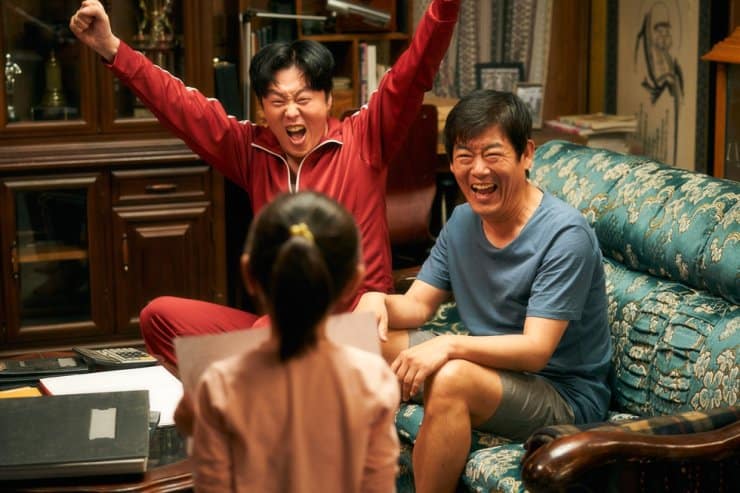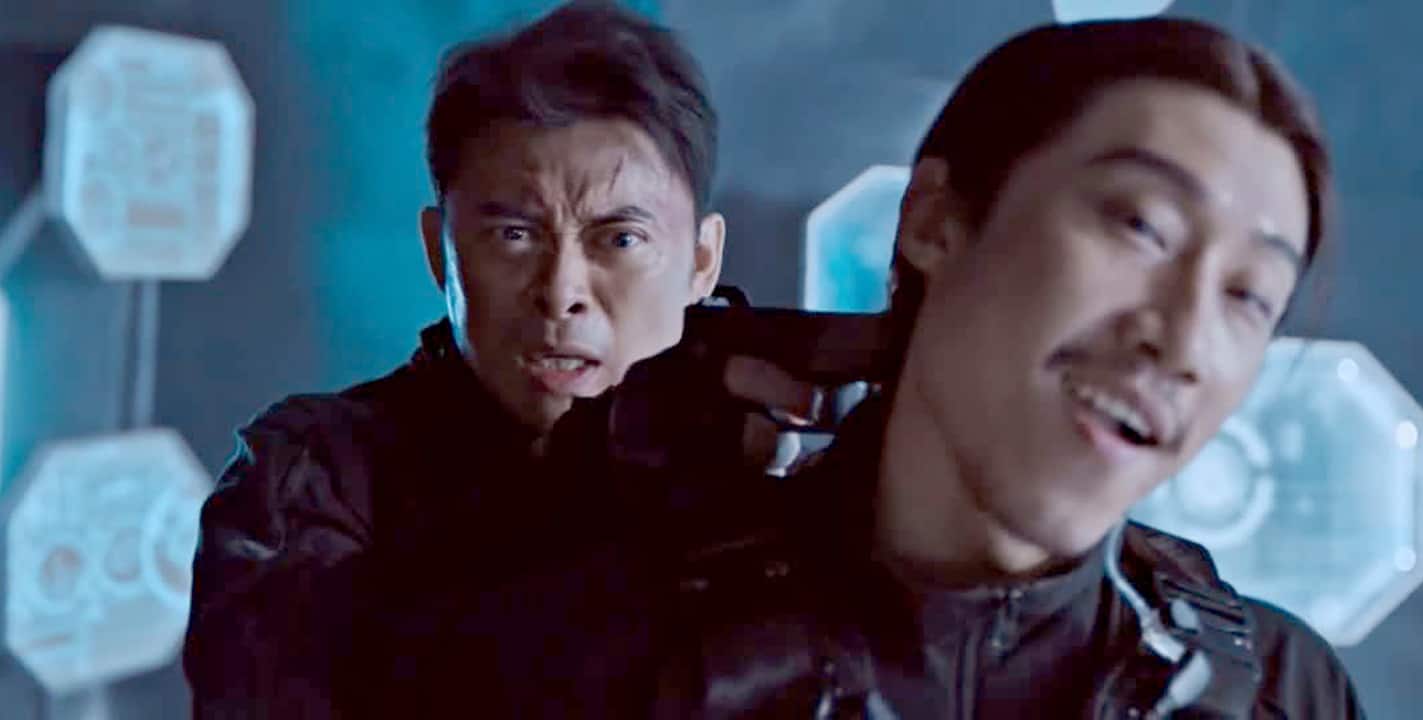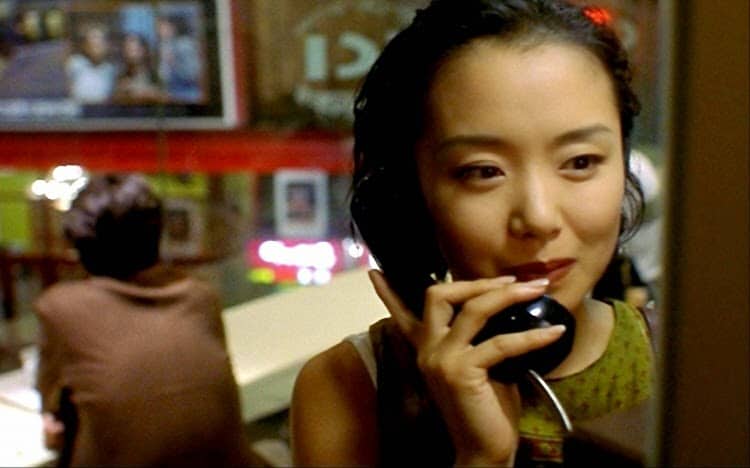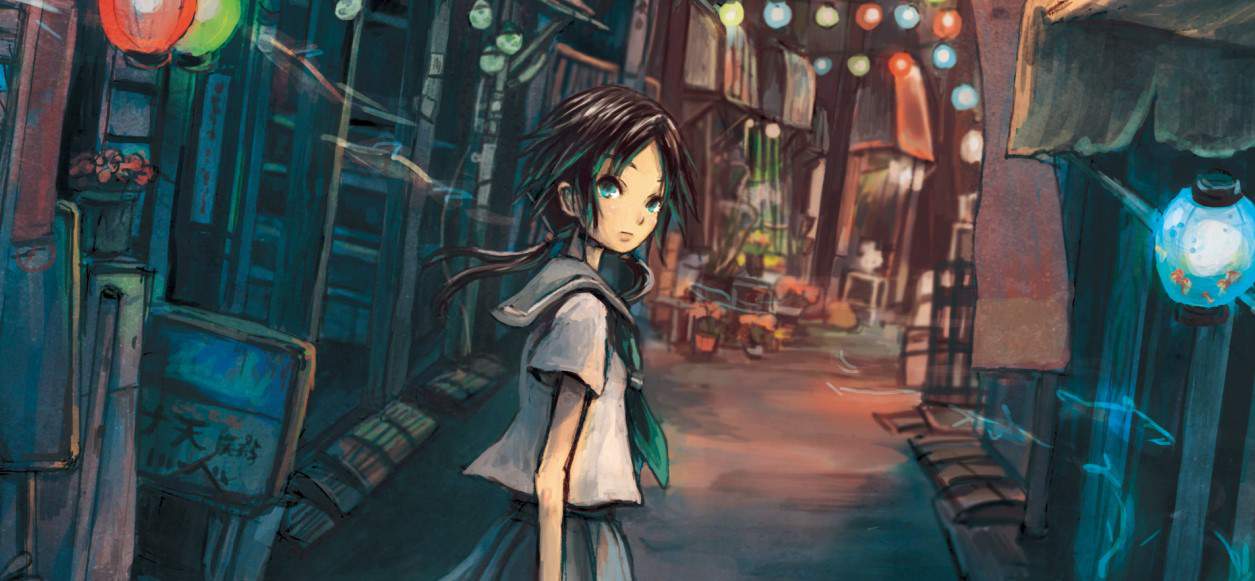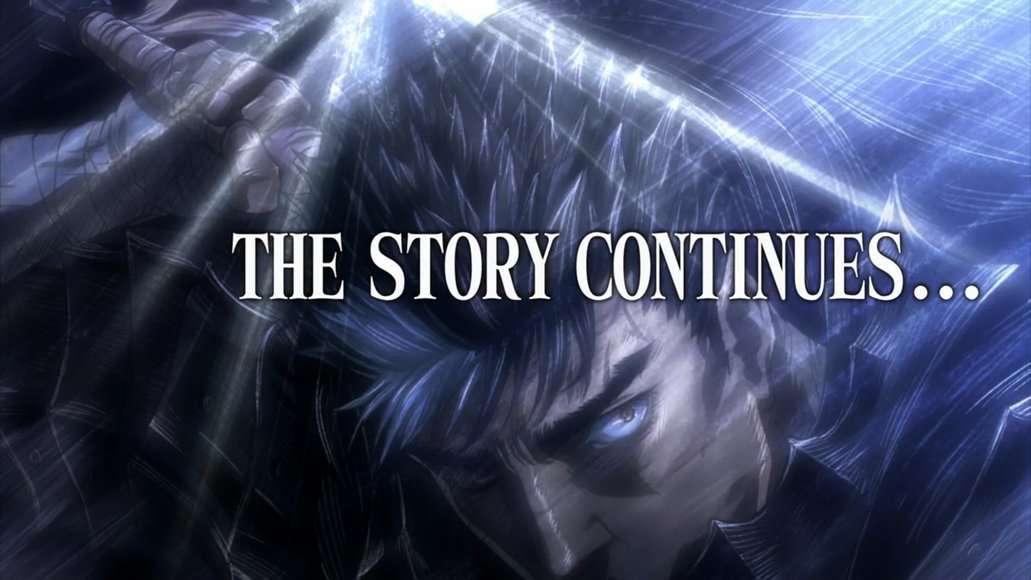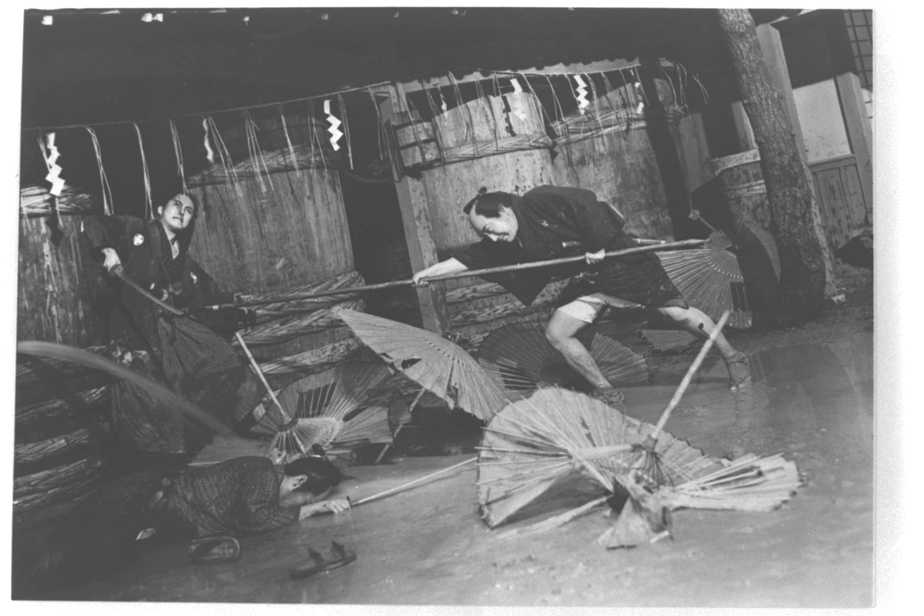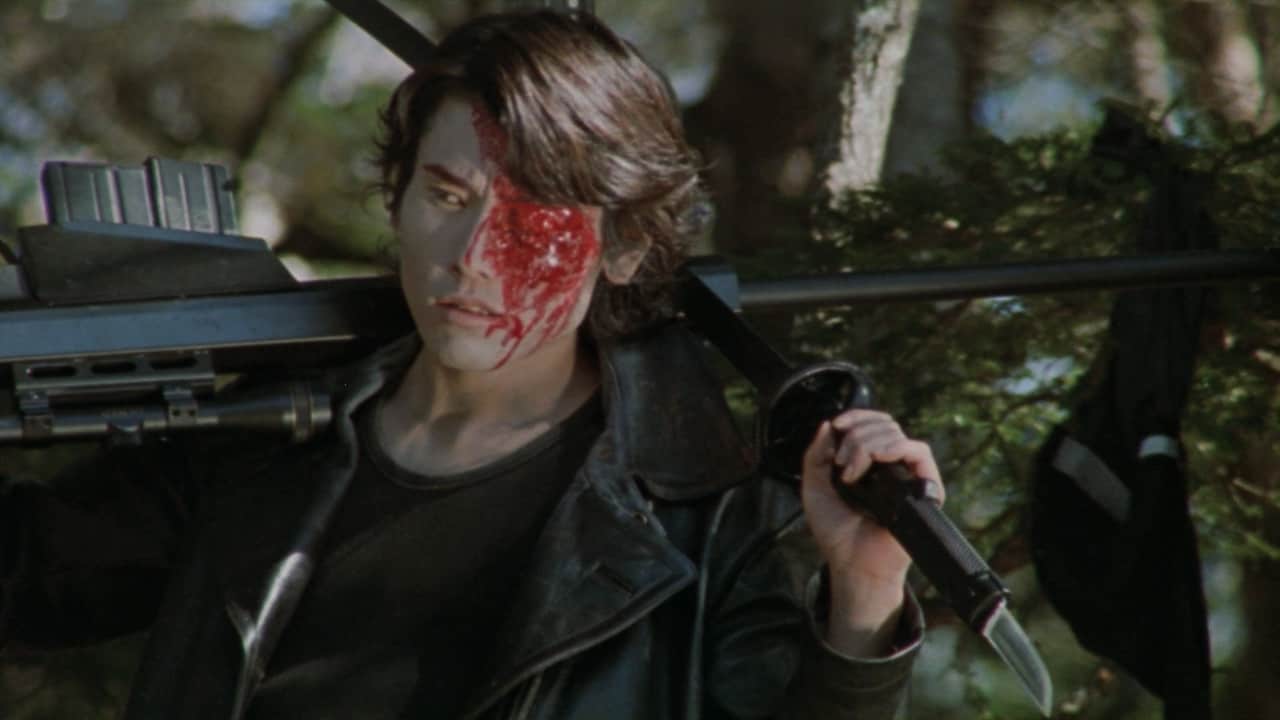Chosen as the opening gala feature at the 15th London Korean Film Festival, “Pawn” is a family comedy-drama that in these trying times feels like somewhat of a relief. Speaking in a post-screen Q&A, director Dae Gyu-kang expressed his intent for audiences to walk away from his sophomore release with a renewed appreciation and re-contextualization of their families. Regardless of whether the film achieves this (spoilers: it's fine), in light of…well, 2020, the invitation to revel in such seasonal themes – with “Pawn” originally premiering during the month of Chuseok, AKA Korean thanksgiving – is a welcome escape and comfort.
“Pawn” is screening at London Korean Film Festival

Set in 90s-era Korea, Sung Dong-il plays the gruff and grumpy Doo-seok who, along with his bumbling partner Jong-bae, work as debt collectors for a moderately successful businessman in Incheon. They are sent to collect a debt from Myung-ha, a recently widowed illegal immigrant struggling financially to keep her and her young daughter afloat. Upon realising that Myung-ha is stone cold broke, Doo-seok decides to take 9-year-old Seung-mi as collateral until the debt is repaid. However, after being sentenced to deportation, Myung-ha decides that her daughter is better off in the hands of Doo-seok, and tearfully leaves her in his care. Faced with the responsibility of raising a child, the reluctant guardians slowly fall under the charm of the endlessly spirited Seung-mi. In the present day, a grown-up Seung-mi, now a translator in China, boards a plane to Korea to meet someone she hasn't seen in 10 years.
“Pawn” is an enjoyable outing by Dae Gyu-kang that often feels a little too ambitious for its own good, its narrative suffering as a result. In the same vein as Lee Hwan-kyung's beloved “Miracle In Cell No. 7”, as well as Gyu-kang's first feature “Harmony”, the film is built on the thematic basis of family, and the idea that it is a concept that reaches beyond blood. It's unfortunate, then, that in an attempt to create a sprawling, years-long narrative, the film loses sight of the characters that are meant to represent its thematic intentions.
Gyu-kang rushes through plot points so hastily – expect a montage – that he ends up bypassing the relationship we should be most invested in: Doo-seok and Seung-mi. While the excellent lead performances make a lot out of a little, key character moments, that could flesh out the nuances of this relationship, are left on the cutting room floor, leaving us rooting for this unlikely duo, but not completely invested in their individual characters. Instead, Gyu-kang spends much of the runtime, specifically in the second half, searching for payoffs that don't always feel earned – for the aforementioned reason. He churns out act-of-god-like contrivances after another in order to incentivise emotional catharsis from the characters, and therefore, the audience.
But don't worry, the film will make it crystal clear when it expects you to grab the tissues (because how would we know otherwise?). If the manipulatively melancholic piano score that permeates through every sentimental scene doesn't moisten those tear ducts, fret not, as there will usually be at least one-character sobbing profusely on screen to push you just that little bit further over into the blubbering abyss.
Fortunately, Director Dae's heart is in the right place, as are the actors he has trusted with these characters. For all its narrative wonkiness and eye-rolling emotional coercion, the film is saved by earnest performances and an underlying message that, yes, is unremarkable, but carries a seasonal relevance that is hard not to be enamoured with.
Sung Dong-il snuggles into his role perfectly as the life-weary father-figure with a heart of gold, while Kim Yun-jin – Myung-ha, a mother at the end of her tether – and Ha Ji-won – Seung-mi, all grown up – are tasked with handling much of the film's emotional baggage, which they do with admirable sincerity. Kim Hee-won is one-note as the archetypically slapstick Jong-bae, providing fine comic relief but is mainly there as third wheel to Doo-seok and Seung-mi's father/daughter dynamic, which takes all priority. Though it's Park So-yi as plucky young Seung-mi that really steals the show, brightening every scene she's in with adorable expressions and playful dialogue that makes her the perfect Yin to Doo-seok's cynical Yang. The heart of the picture, it's no coincidence that the movie loses some of its entertainment value in the second half, once her all-too-short screen time is up.
“Pawn” proves to be a narratively wonky but heart-warming, chuckle-worthy tearjerker to watch with the family on a lazy Sunday afternoon, even if the second half of the film becomes the equivalent of an I Dare You Not To Cry video compilation. Like the best holiday films, “Pawn” will, if for a precious hour or two, bring your family closer together, whether they're blood relatives, an all-woman prison choir, or apparently, your childhood kidnappers.


